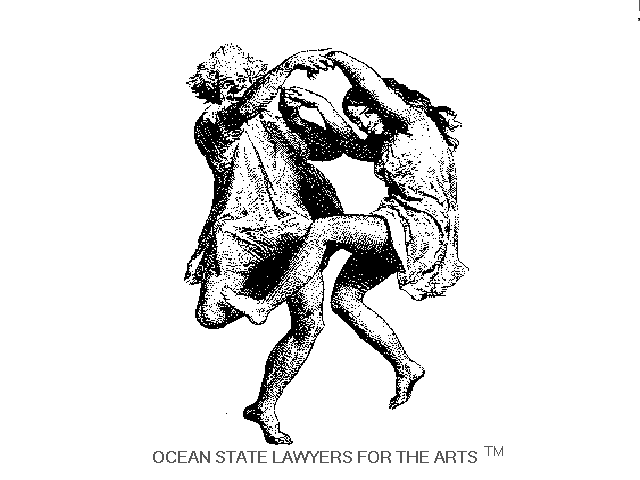
In Dallas, Texas, a collector has filed suit against an artist who reproduced her own work. In July of 1992, collector Frank Ribelin sued artist Beverly Pepper asserting that she made a copy of a work, Ternana Wedge, which he commissioned from her for $90,000 and that the copy caused his original to lose value. Ribelin does not claim he owns the copyright, but it does bring up the question of what is the definition of an original work of art and who can decide to reproduce it. Is the first work the only original and all copies nothing more than copies, or are all the copies originals?
In his suit, Ribelin claims that Pepper agreed that she would not reproduce the work so the question of original works may not be decided in this case, as contract law is basis for his action.
Usually, the question of who decides to make more editions of a work is governed by copyright law and, as a rule, all the copies are considered originals and they would be numbered to notify the public of the nature of the work. In this lawsuit, copyright law has not been invoked. Any legal precedents created could influence how the art world does business and this case will followed in later issues of this newsletter.
First Published Version, copyright 1993 David M. Spatt
THIS WEBSITE CANNOT BE USED AS A SUBSTITUTE FOR SOUND LEGAL ADVICE FROM A COMPETENT ARTS OR ENTERTAINMENT ATTORNEY. In the event of a legal problem or question, specific legal consultation is advised. This website is intended only as a means of educating arts organizations and artists of all disciplines as to their potential legal rights and liabilities. The information provided is made available with the understanding that neither OSLA nor the office of David M. Spatt is engaging in the rendering of legal counsel.
copyright 1997 David M. Spatt, All rights reserved
Reproduction is prohibited without the express written consent of the author

|
|